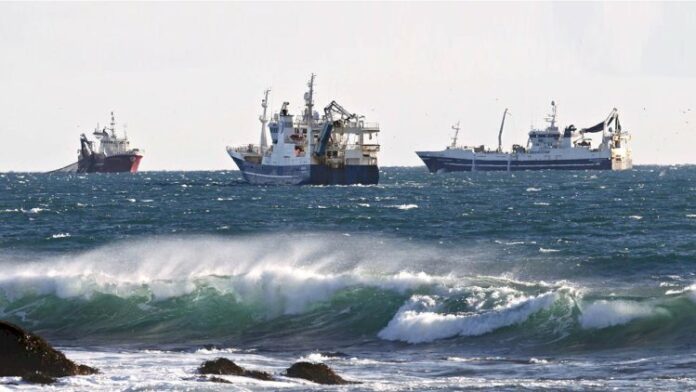The Minister for the Environment and Natural Resources has issued a regulation tightening fuel requirements, which effectively bans the use of heavy fuel oil in the territorial sea of Iceland. The regulation is intended to promote improved air quality in harbours and coastal areas and conforms with the government’s coalition agreement and climate action plan.
The change is brought about by an amendment to the regulation on sulphur content of certain liquid fuels. The permissible sulphur content of marine fuels used in the territorial sea and internal waters of Iceland will be lowered from 3.5% down to 0.1% on January 1, 2020. This will make requirements for the sulphur content of marine fuels in the territorial seas of Iceland comparable with those that are currently in effect in Emission Control Areas as defined by Annex VI of MARPOL, where particularly strict requirements apply.
In addition, on January 1 2020, the permissible sulphur content of marine fuels will be lowered down to 0.5% within the Icelandic Pollution Prevention Zone but outside of the territorial sea. This is in conformity with the requirements of Regulation No. 124/2015 on the sulphur content on certain liquid fuels and Iceland’s international obligations according to Annex VI of the MARPOL convention which Iceland ratified in February 2018.
This will make the permissible sulphur content in marine fuels in Iceland 0.1% in the territorial sea and internal waters, i.e. also in fjords and bays. Further out to sea and outside of territorial waters, the sulphur content cannot exceed 0.5%. Heavy fuel oil has a higher sulphur content than this in most cases, and thus the regulation effectively brings a halt to the use of heavy fuel oil around Iceland. For comparison, the sulphur content of heavy fuel oil marketed in Iceland in 2017 ranged from 0.64%–1.94% but the global average according to data from the IMO was 2.59%.
Vessels can, however, continue to burn heavy fuel oil if they use approved emission abatement methods to reduce the release of sulphur dioxide, which prevents most sulphur emissions into the atmosphere along with soot pollution.
A draft regulation was introduced earlier this year and consultations were held with stakeholders and interested parties before its adoption.



